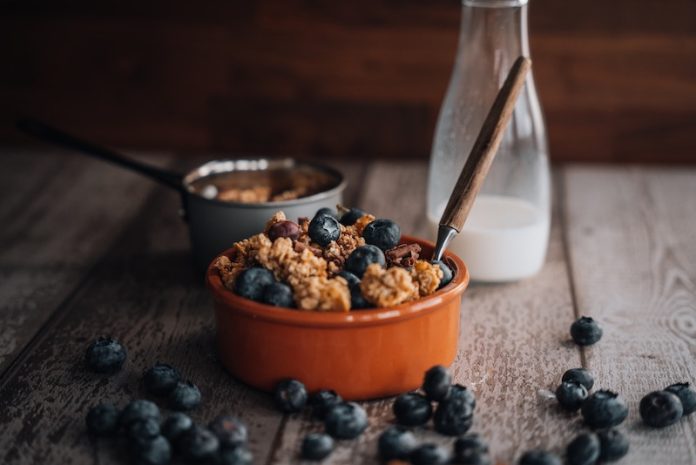
According to a study published in Alimentary Pharmacology and Therapeutics, higher consumption of dietary fiber is associated with a lower risk of developing inflammatory bowel disease (IBD).
The research team, led by Dr. Minzi Deng from Central South University in Changsha, China, analyzed associations between dietary fiber intake and the subsequent incidence of IBD, Crohn’s disease, and ulcerative colitis.
The study involved 470,669 participants from the U.K. Biobank and tracked their health over an average of 12.1 years.
Findings showed that there was an inverse association between dietary fiber intake and risk for IBD and Crohn’s disease. In simpler terms, participants who consumed more fiber were less likely to develop these conditions.
The risk for IBD was 26% lower in the highest fiber-consuming group compared to the lowest. Similarly, the risk for Crohn’s disease was 52% lower.
However, no significant association was found between dietary fiber intake and the risk of ulcerative colitis.
The study also found that the source of dietary fiber affected the risk of specific diseases.
Dietary fiber from fruits and bread was associated with a lower risk for Crohn’s disease, while fiber intake from cereal decreased the risk for ulcerative colitis.
In conclusion, the researchers suggest that their findings support current recommendations to increase the intake of dietary fiber.
They also emphasized the need for further studies to obtain more epidemiological evidence from other populations and to explore the potential role and mechanisms of specific dietary fiber sources in preventing different subtypes and phenotypes of IBD.
If you care about health, please read studies about a diet that can treat fatty liver disease and obesity, and coffee drinkers may halve their risk of liver cancer.
For more information about health, please see recent studies that anti-inflammatory diet could help prevent fatty liver disease, and results showing vitamin D could help prevent non-alcoholic fatty liver disease.
The study was published in Alimentary Pharmacology & Therapeutics.
Follow us on Twitter for more articles about this topic.
Copyright © 2023 Knowridge Science Report. All rights reserved.



